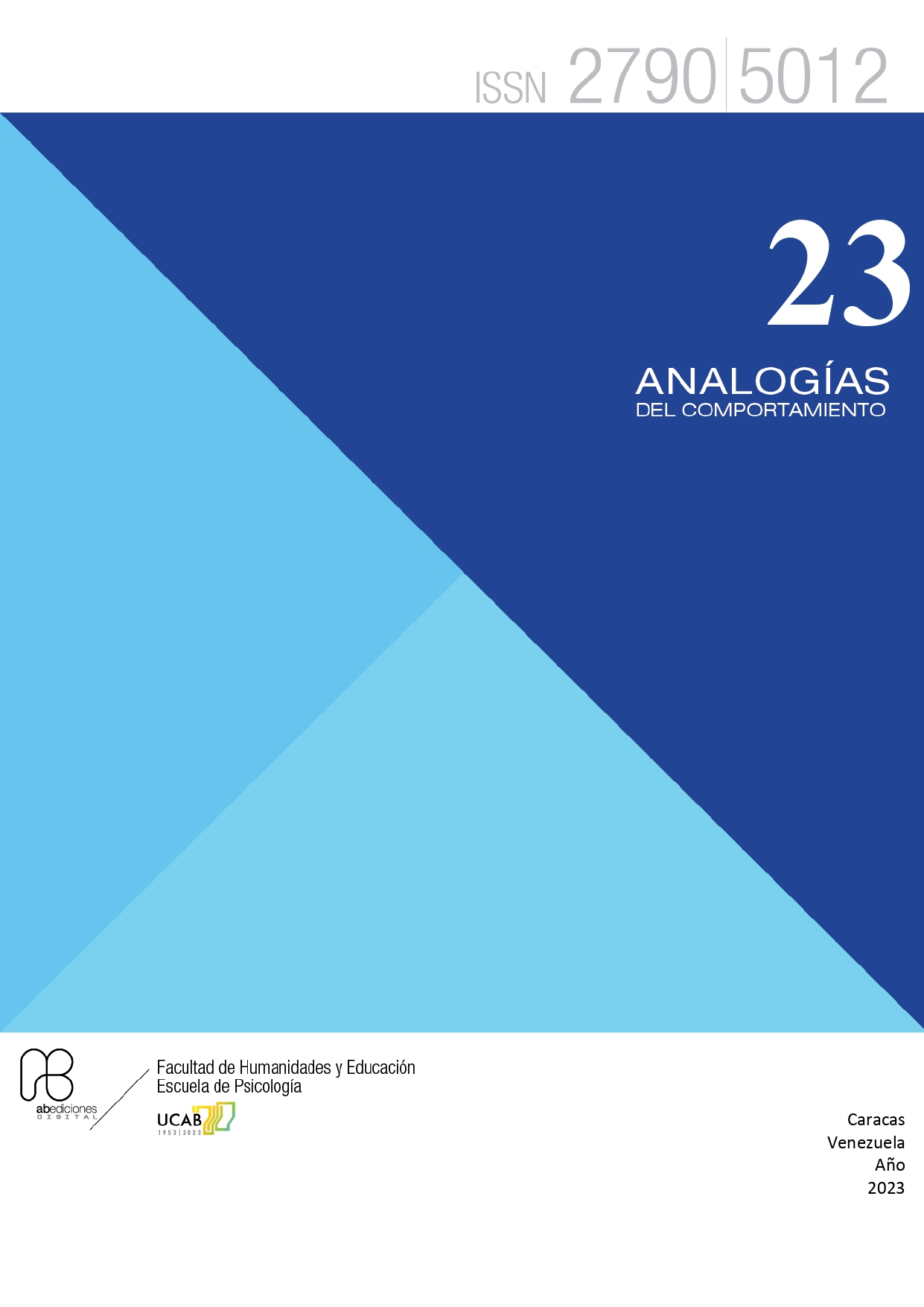Reasons why study psychology
Keywords:
Reasons for choosing psychology as a career, professional ethos, cultural community of reasons, health professionsAbstract
The objective of this research was to explore what are the goals and motives of students who begin their studies in the psychology career at the Andrés Bello Catholic University (UCAB) and if they coincide with the purposes that students of other careers suppose motivate to psychology students. It focused on field work at UCAB, with the application of the MOPI to students of the first semester of the degree, 173 of psychology and 143 of other schools. The vision that inexperienced students adduce for the choice of the psychology career, mainly, is for reasons of affiliation, search for achievement and prestige, and intrinsic motivation of knowledge; and although there are mean differences due to the degree taken, there are none in the form of the function that describes the results in each group. This suggests an incipient professional ethos that is more of a cultural nature, through which students visualize the practice of psychology as a service to help others, making new friends and social considerations as supportive and fraternal people. In addition, they attribute a sufficient sense of self-realization and motivation to be able to develop the profession in an ideal way, coming to feel satisfaction for the work carried out as relevant social actors; and they think that studying psychology will allow them to know scientifically how the human being works. This image is close to that of health professionals and, in psychology, to the dream of the clinic. Lastly, reasons such as seeking solutions to their personal problems or having an influence on other people are very rare



